Fatigue Measurement
Collection & analysis of fatigue data is key to effective fatigue risk management. Fresh Air use a range of tools to collect the data required to demonstrate effective management of fatigue.
Fatigue Surveys
The Fresh Air Team conducts fatigue surveys for clients in aviation, oil and gas, mining, road transport and the emergency services.
Our fatigue surveys are a cost-effective method for collecting a large amount of subjective data on fatigue, including an indication of the extent to which fatigue is impacting on operational performance and safety.
Along with objective data, this information can then be used as a baseline against which to compare the future performance of your fatigue risk management policy and procedures.
In addition to providing an independent, third-party survey service, we also advise clients who prefer to manage the survey process in-house, providing advice on survey content and scientifically-robust data analysis.
Roster Analysis
Fatigue analysis using a bio-mathematical model provides an indicator of the inherent roster-related fatigue risk in an operation; how this varies across the year and in different parts of the operation.
Our many years of experience of designing roster patterns, combined with expertise in using a variety of fatigue models to predict the fatigue associated with working different patterns, enables us to guide clients to make informed science-based decisions regarding rosters. We regularly help clients to interpret the outputs from their fatigue model of choice.
Safety Performance Indicators (SPIs) can then be identified and used to monitor fatigue and provide an early warning of elevated risk.
This analysis also provides baseline data against which the future performance of the FRMS can be compared.
Scientific Safety Cases




